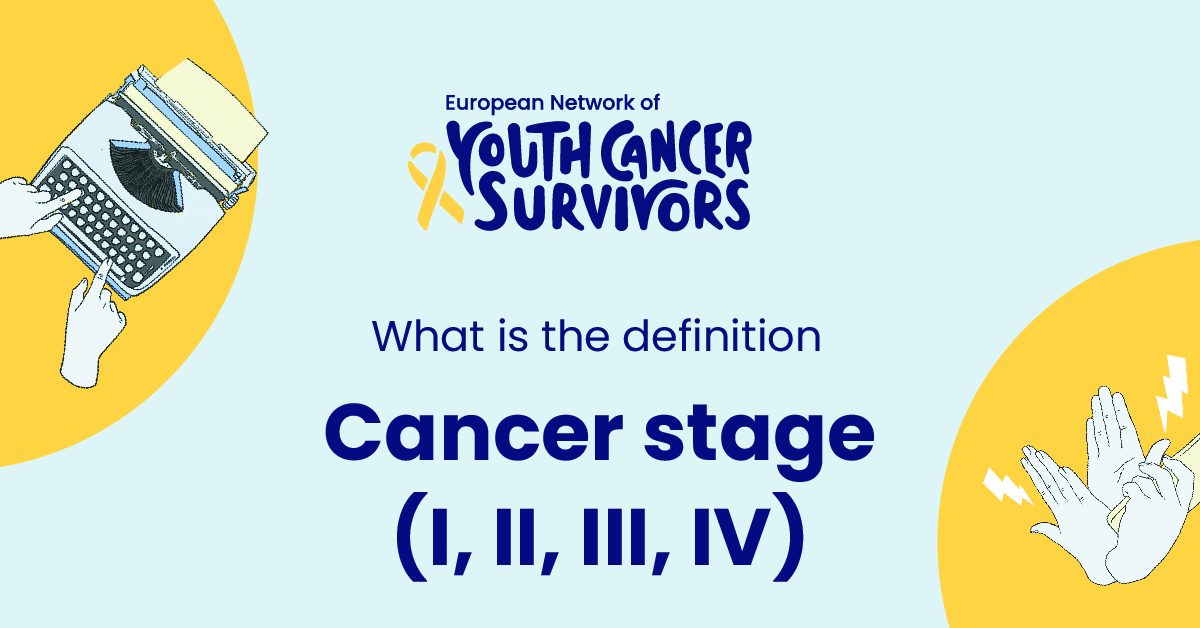
Introduction
Cancer is a broad term often used to depict abnormal cell growth with the potential to penetrate or spread to other parts of the body. This trait differentiates cancerous cells from benign tumors which are limited to one area and do not spread. Understanding the different stages of cancer vital in knowing potential treatment options and prognosis.
Typically, cancer stages are denoted by Roman numerals – ranging from stage I, which denotes the smallest tumors, to stage IV, where cancer cells have spread to other parts of the body. This article delves into each stage of cancer, including symptoms, treatment options, and prognosis.
Understanding the Concept of Cancer Staging
Cancer staging is a system used to describe the extent of cancer within a person’s body. It involves the size of the tumor, the number of lymph nodes affected, and whether the cancer has spread to other parts of the body.
The importance of determining the cancer stage cannot be understated. The stage of cancer informs doctors on how serious the cancer is and helps in devising the best treatment plan. It also provides a prediction of the patient’s survival prognosis.
What is Cancer Stage I?
Cancer stage I, often referred to as early-stage cancer, is when the tumor is small and only present in the area it started. At this stage, the cancer has not spread to lymph nodes or other organs.
Symptoms at this stage may vary depending on the location of the cancer but are generally less severe. Common symptoms may include a lump in the breast or testicles, persistent cough, changes in bowel movements, or unexplained fatigue.
Treatment options at this stage may include surgery to remove the tumor, radiation therapy, chemotherapy, or a combination of these. The chosen treatment will depend on the type and location of the cancer, as well as the patient’s overall health condition.
What is Cancer Stage II?
Cancer stage II is when the tumor is larger than in stage I but has not yet spread to the lymph nodes. Alternatively, it might also be when the cancer is in one or a few lymph nodes but has not impacted any other part of the body.
Symptoms at this stage become more noticeable and may include unexplained weight loss, changes in appetite, or an increase in fatigue. The specific symptoms will still depend on the type of cancer and its location.
Treatment at this stage may still include surgery, radiation therapy, and chemotherapy. More aggressive treatment measures may be pursued depending on the size and location of the tumor, as well as the individual’s health.
Get to know us better
If you are reading this, you are in the right place – we do not care who you are and what you do, press the button and follow discussions live

Understanding Cancer Stage III
Cancer stage III, also known as locally advanced cancer, is when the tumor is larger and may have spread to several lymph nodes or surrounding tissues, but not to distant body parts.
The symptoms can be severe, including constant pain, significant changes in body functions, evident lumps, persistent infections, or severe fatigue. Such symptoms necessitate immediate medical intervention.
The treatment options at this stage may include a combination of surgery, radiation therapy, chemotherapy, and potentially targeted therapies. The specific treatment plan will depend on the type, location, and extent of the cancer.
Deeper Insight into Cancer Stage IV
Cancer stage IV, commonly known as metastatic cancer, is the most advanced stage. At this stage, the cancer has spread beyond the primary location to more distant parts of the body.
Symptoms at this stage are severe and can significantly affect the individual’s quality of life. Prognosis at this stage is often poor, with the primary aim of treatment being to prolong life and alleviate symptoms.
Treatment at stage IV often involves palliative therapies, which aim to relieve symptoms and improve the patient’s quality of life. This can include a combination of radiation therapy, chemotherapy, or targeted therapies.
The Correlation between Cancer Stage and Prognosis
Cancer stages play a pivotal role in predicting the potential survival rates of cancer patients. Lower cancer stages typically have higher survival rates as the prognosis is usually better. Conversely, higher stages have lower survival rates due to the extensive spread of cancer cells.
Early detection also plays an important role in the prognosis and treatment outcomes. The sooner cancer is discovered and treated, the better the chances of survival.
Conclusion
Understanding the stages of cancer is paramount to early detection, determining treatment options, and predicting survival prognosis. By recognizing cancer’s alarm signals, individuals and health professionals can collaboratively work to diagnose, stage, and treat cancer promptly for the best possible outcomes.
FAQs:
1. How do doctors determine the stage of cancer?
Doctors usually determine the cancer stage by performing physical exams, biopsy, or imaging tests like CT scans, MRI, PET scans, and more.
2. Can a cancer patient’s stage change during treatment?
Yes, the stage of cancer can change during treatment if the cancer progresses or responds to the treatment.
3. Are the symptoms of cancer different in each stage?
Yes, symptoms often become more noticeable and severe as the stage of cancer increases.
4. How does the treatment differ from one stage to another?
Treatment plans differ based on the stage of cancer. Early-stage cancers might be treated with surgery or radiation, while advanced stages often involve chemotherapy and other systemic treatments.
5. What is the survival rate for each stage of cancer?
The survival rate for each stage of cancer can vary drastically depending on the type, location of the cancer, and the individual’s overall health. Generally speaking, lower stages have higher survival rates.

















Comments
Thank you. Comment sent for approval.
Something is wrong, try again later